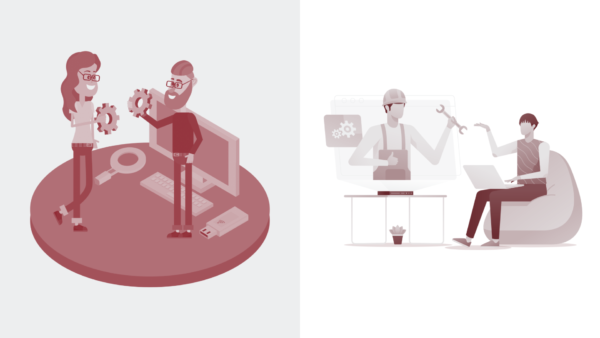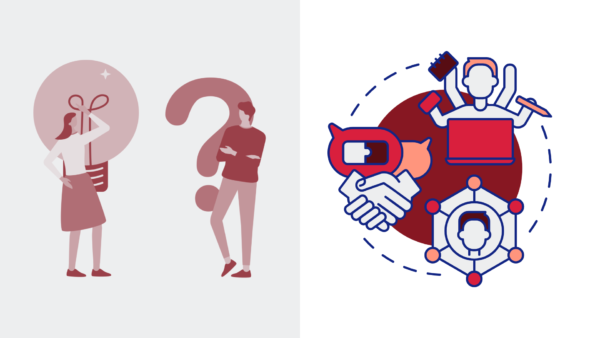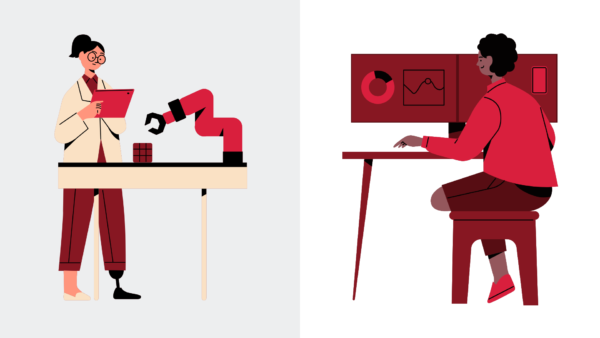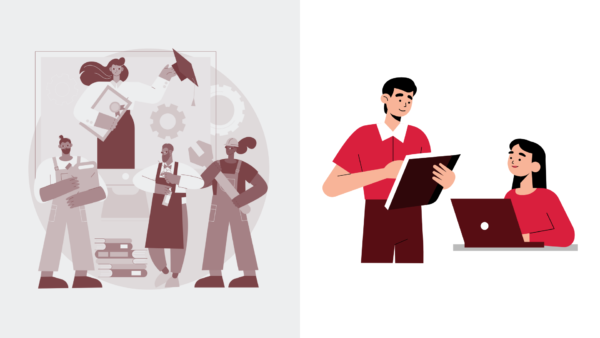Technical or vocational education is typically a post-high-school curriculum that is offered in different kinds of institutions, resulting in different degrees. The scope of this education system is to learn practical applications of the sciences to carry out highly skilled jobs.

A few decades ago, the best examples of technical education would be refrigeration repair technology, carpentry, and such. Now, the scope has increased exponentially, to include niche areas such as modern electronics, the internet, data sciences, medical technology, and so forth.
You can look at technical education from two standpoints: knowledge-based and industry-based. The former is what a conventional higher education/ college/ university degree will give you. It begins at a theoretical level which is then applied to your area of work. It results in a bachelor’s and then a master’s degree.
The latter is a more non-conventional form of learning given by vocational schools, polytechnic colleges, ITIs, junior colleges or specialized technical institutes where the learning model in itself is based directly on practical applications.
These institutions offer industrial training programmes that result in a diploma or an equivalent certification. Enrollment in these institutions can take place on completion of Standard 10 or after Standard 12. However, while applying for these courses abroad, the minimum requirement is the completion of Standard 12.
Just like university education, these also come in different levels: diploma, graduate, postgraduate and specialized research.
In India, all institutions offering technical education come under the purview of the All India Council for Technical Education (AICTE). Each state also has a Directorate of Technical Education to maintain and enhance the quality of technical education.












![Best Universities in New Zealand for International Students [2025 Rankings]](https://tcglobal.com/wp-content/uploads/2025/09/Best-Universities-in-New-Zealand-for-International-Students-2025-Rankings-600x338.png)